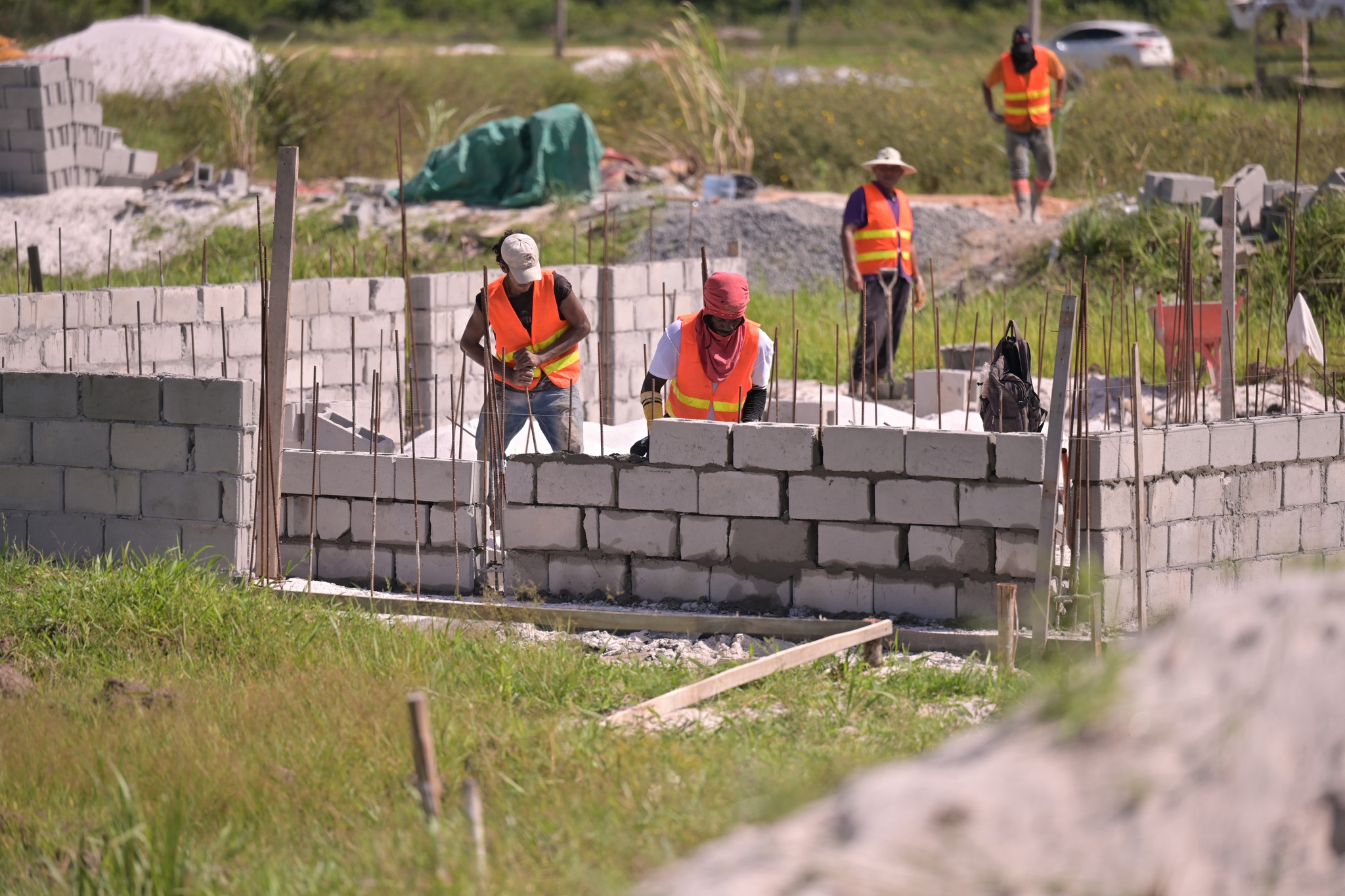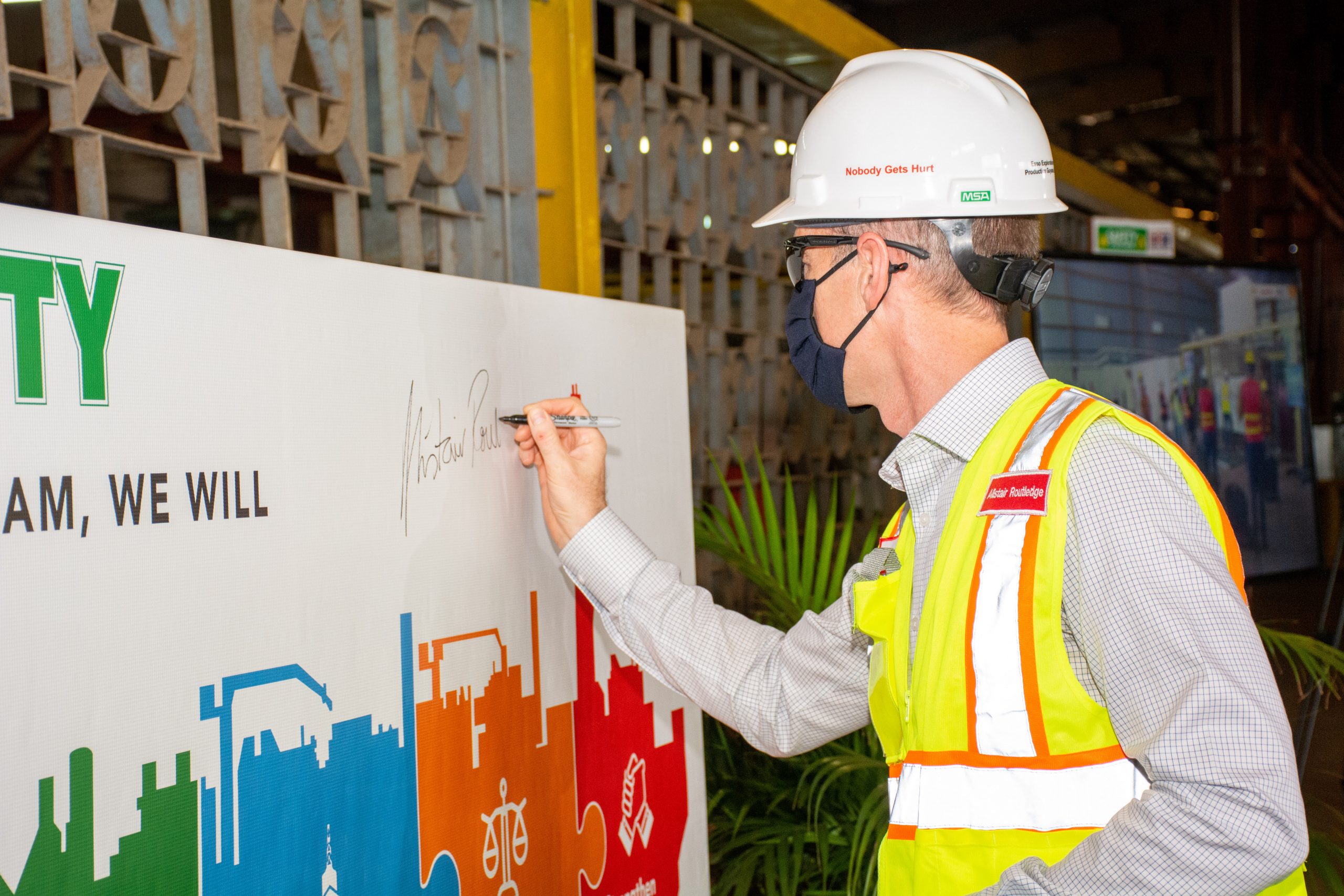Guyanese businessman Rafeek Khan believes that one way to tackle labour shortages is for companies to consider that unemployed people with skills are available outside of centralised areas.
He said that in far-flung regions, there are residents with much-needed skills looking for employment opportunities.
Khan, the Chief Executive Officer (CEO) of Dura Villa Homes, was among several stakeholders from the public and private sectors who met last week to discuss Guyana’s labour shortage woes.
During those discussions, he noted that many companies operate in highly populated regions, causing more persons seeking employment to move to these regions.
In turn, large companies wishing to expand to lesser populated areas are challenged with finding skilled persons in these areas because individuals and in some cases, entire families, have already moved in search of jobs.
Khan suggested, as a long-term solution, that companies now put systems in place to move their operations to less populated areas and provide residents living there with skills training.
“People are looking for jobs but displacing and the idea of moving workers from the hinterland and bringing to our factories is where the challenge is.
“The idea of moving workers from various regions of Guyana and expecting results, to me, is not going to work. Perhaps one incentive could be identifying the regions where there is unemployment and inspire [or] motivate companies to open factories in those locations that will help promote growth,” Khan said.
He posited that displacing persons can be more costly than em

ploying a person already living in an area. He added that people do not always want to leave their homes to live in new and unknown communities.
The idea is to look for areas where there is unemployment and create jobs and other lucrative opportunities.
In response, Minister of Labour Joseph Hamilton said it was not currently clear what areas need workers and what areas have workers but no jobs.
Notwithstanding, Khan said based on his experience, the challenge is that there are people who do not have opportunities to work in their respective regions.
“We have people available in light construction, masonry, painters, carpenters, we have them but we have to look and we have to have the projects happening in the area where those people are,” Khan said.
Meanwhile, Minister Hamilton noted that in order to provide persons with comfort when they are displaced, employers must consider housing these persons and making it more lucrative for them to take up these opportunities.
“Our private sector like they have done in investment in health and safety, should consider this investment [in employee accommodations] when they have major projects….We have to make it lucrative and comfortable for them to come,” the Labour Minister said.
The nationwide response to labour challenges is being analysed by a new unit under the Ministry of Labour and the Diaspora Unit to identify the areas with high demand and connect persons with training institutions and employment opportunities.












